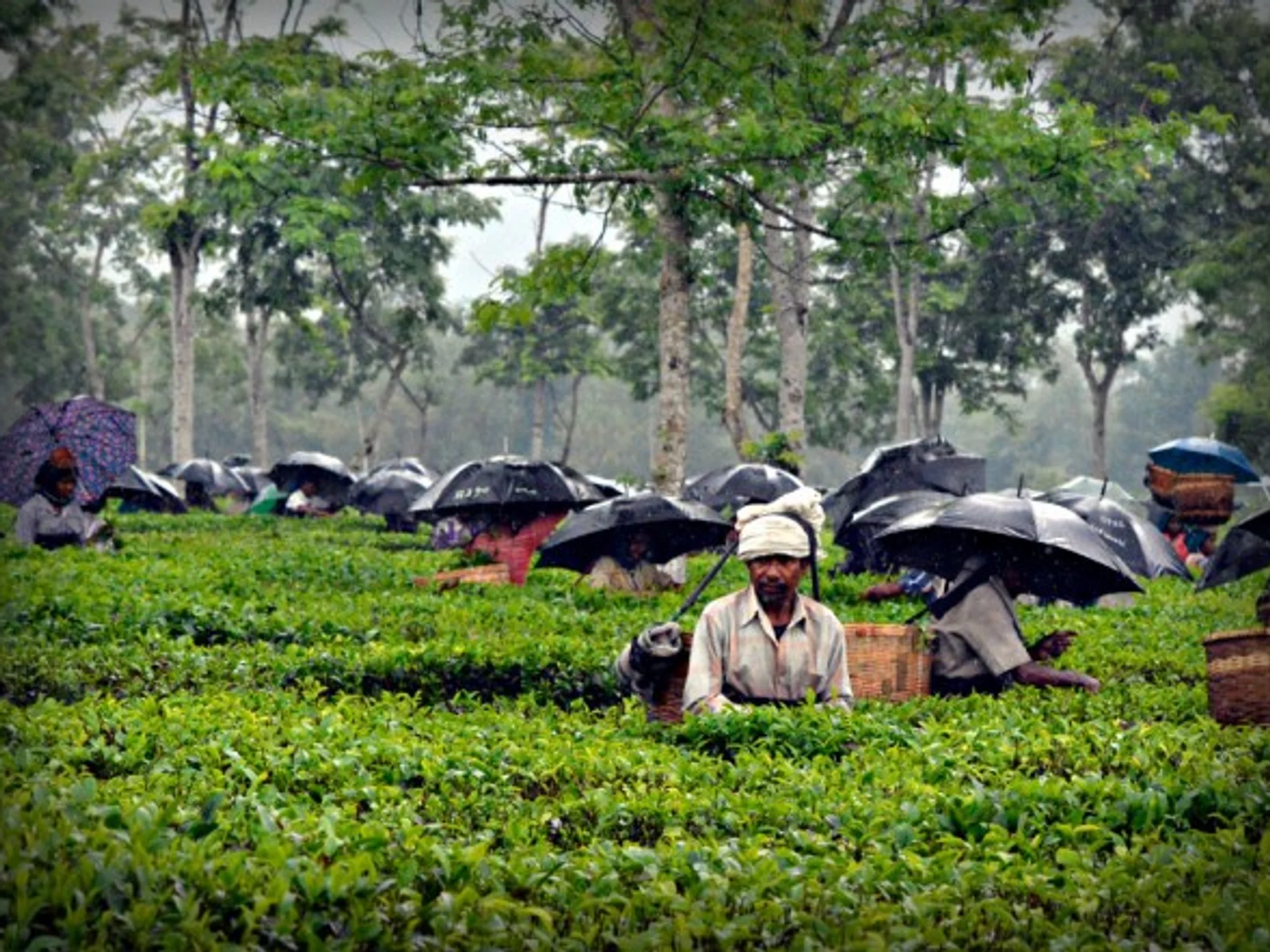The expansion of the provision of the Restructured Weather-based Crop Insurance scheme to tea is good news for growers in Assam.
The expansion of the provision of the Restructured Weather-based Crop Insurance scheme to tea is good news for growers in Assam. Adequate insurance coverage will help tea growers mitigate losses due to extreme weather events and build their resilience. Large excess rain and soaring summer temperatures have severely impacted tea production in the state. Weather-based insurance will help absorb the shock.
The Department of Agriculture and Farmer Welfare under the Ministry of Agriculture has issued a circular to include this insurance scheme and has reportedly urged Assam, West Bengal and Kerala to facilitate the required tender process.
While the industry has been pressing for weather-based insurance coverage for some years, the development comes close on the heels of the submission of a memorandum by the North East Confederation of Small Tea Growers in which the organisation stressed the need for weather-based crop insurance to mitigate the risks associated with extreme weather events precipitated by climate change impact. While climate change impact has adversely impacted both large and small growers, most small tea cultivations being rain-fed are more vulnerable to losses on account of inclement weather.
Small tea growers account for over 50% of total tea produced in India, and mitigating the losses suffered by them on account of extreme weather events is critical to the overall tea industry remaining resilient. The tea industry in Assam is labour-intensive and provides livelihoods to lakhs of workers’ families. Therefore, the industry being the largest employer in the state, absorption of the climate-induced shocks is also critical to protecting the livelihoods of lakhs of workers and preventing an economic and employment crisis.
The Union Cabinet’s decision to continue the Pradhan Mantri Fasal Bima Yojana and Restructured Weather-Based Crop Insurance Scheme till 2025-26 for risk coverage of crops from non-preventable natural calamities for farmers across the country opened the opportunity to include tea under weather-based crop insurance for the first time. Industry experts say that the ideal temperature for growing tea is 27 degrees Celsius, which is the optimal temperature, and if humidity is also ideal, then growers can expect to produce high-quality leaves.
The outlook for quality production in the state remains bleak due to large excess rain or soaring temperatures in the range of 35 to 40 degrees Celsius, which have become a new normal in the state on account of climate change impact and global warming. Apart from insurance coverage, addressing the core problem of economic loss on account of the decline in the production of high-quality tea also needs to focus on strict quality control.
The Tea Board, as well as industry leaders, have been cautioning against mixing good quality green leaf with poor quality leaf, as it leads to higher rejection by Bought Leaf Factories of green leaf supplied by small growers or offering a much lesser price as compared to unmixed good quality green leaf price. Getting benchmark prices for quality green leaf can offset losses faced by small growers due to a rise in extreme weather events partially.
The operation guideline of the restructured weather-based crop insurance mandates implementing states and insurance companies during each crop season to digitise and upload on a web portal basic information like notified areas, crops, sum insured, government subsidy, premium to be paid by farmers and name of the implementing insurance companies in the particular insurance unit, etc., well within the prescribed time.
This is done to facilitate farmers and other stakeholders to get the relevant information on the internet and through SMS, and the state government and concerned insurance company are held responsible for any incorrect entry/errors/omissions, etc. It also stipulates that state government shall consider covering such perils which are capable of causing severe and quantifiable loss and can be induced directly or indirectly by change in measurable weather parameters to capture the losses during the adverse climatic conditions and have demonstrated correlation with quantifiable yield losses of crops due to such perils.
Only adverse weather incidences which can cause substantial crop losses should only be covered, or the triggers identified in such a way that major losses are captured. Too conservative triggers tend to lead to frequent but smaller payouts, diluting the indemnity principle of insurance, it adds.
Building awareness among tea growers about the benefits available under the insurance scheme and how to get those needs to be comprehensive and not just limited to passing on the information about the circular on bringing tea cultivation under the purview of it.
Apart from the Tea Board of India, industry associations and small tea growers’ bodies spreading awareness on the insurance scheme and the guideline on it and providing hand-holding support to growers to participate, apply and submit claims will be crucial for successful implementation of the scheme. As the scheme operates on an area-approach, streamlining records of tea-growing areas and also digitising those is essential for hassle-free insurance claims.
Source - https://www.sentinelassam.com













